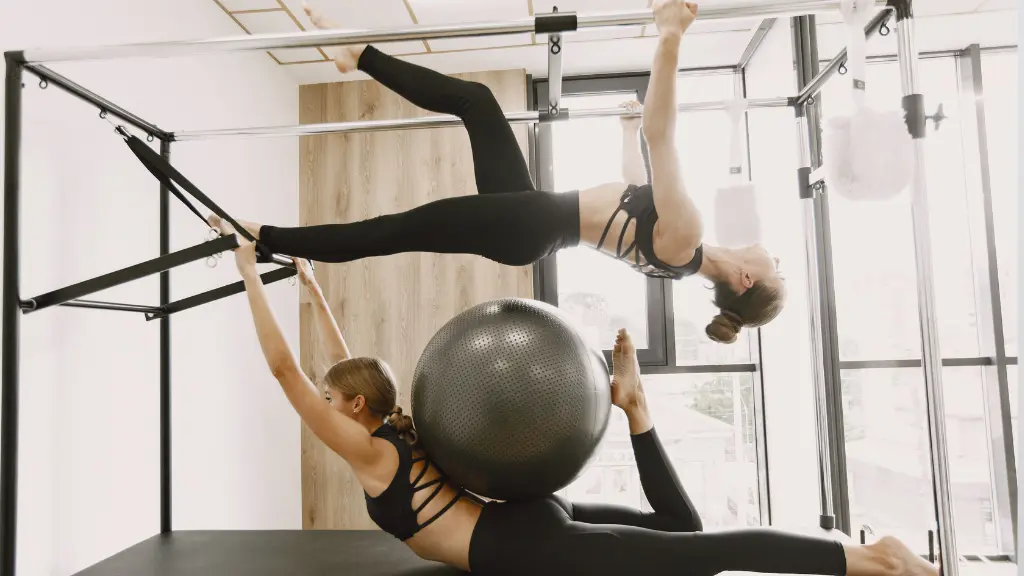Many people think soreness means a good workout. But is that really true?
The answer is more complex than a simple yes or no.
You May Also Like: Do Women Need More Protein Around Menopause?
What Causes Muscle Soreness?
Muscle soreness after exercise is known as DOMS—Delayed Onset Muscle Soreness.
It typically shows up 12 to 24 hours after a workout and can last a few days.
DOMS is caused by tiny tears in your muscle fibers, especially when you do new movements or increase intensity.
This is a normal response to physical stress and part of the muscle-building process.
Does Soreness Mean You’re Making Progress?
Not always.
Soreness means your muscles were challenged, but it doesn’t guarantee progress.
You can build strength and endurance without feeling sore every time.
In fact, constant soreness can slow recovery, hurt performance, and lead to burnout.
You may not feel sore when:
- You’ve adapted to your workout routine
- You focused on cardio or low-impact training
- You stretched and cooled down properly
When Soreness Is a Red Flag
Some soreness is okay. But pain that’s sharp, swollen, or doesn’t improve could be a sign of:
- A strain or tear
- Overtraining
- Poor form during your workout
If soreness lasts longer than 4–5 days or interferes with daily movement, consult a doctor or physical therapist.
How to Reduce Soreness and Recover Smarter
- Warm up before each workout
- Cool down and stretch after
- Drink plenty of water
- Get 7–9 hours of sleep
- Use light activity, like walking or yoga, for recovery
- Protein and nutrient-rich meals help repair muscles faster
Final Thoughts
You don’t have to feel sore to know your workout was effective.
Focus on progress over pain.
Look for signs like improved strength, endurance, and energy—not just aching muscles.
A balanced workout routine includes effort, rest, and smart recovery.
So next time you leave the gym without soreness, don’t worry. You might be getting stronger without the pain.











[…] You May Also Like: Should You Always Be Sore After a Workout? […]